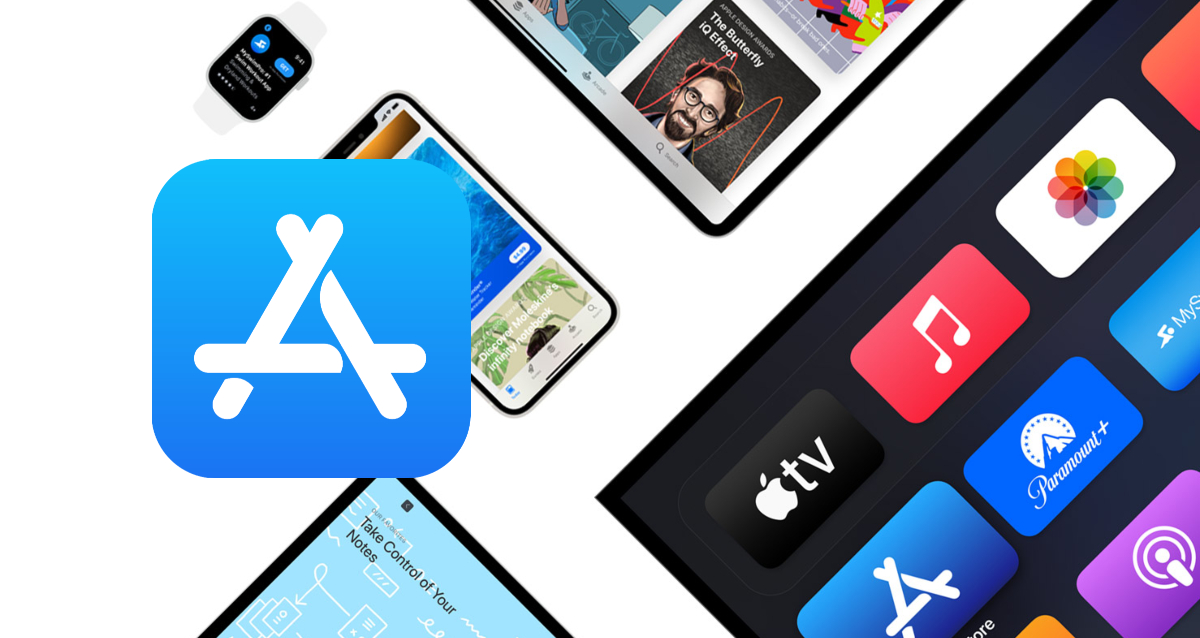Apple has decided to reorganize its division responsible for the App Store in the wake of regulatory pressure in the European Union.

Bloomberg broke the news on August 21, citing anonymous sources familiar with the matter. The App Store division will be split into two teams:
- One will continue to develop Apple’s own iOS store;
- Another will oversee alternative third-party app stores on the platform (e.g. the recently launched Epic Games Store mobile).
As a result, Matt Fischer, who has been the head of the App Store and Apple Arcade since 2010, will leave Apple. He has been with the company for 21 years, initially serving as director of marketing and partnerships at iTunes.
Carson Oliver, senior director of App Store business management, will lead the further development of the App Store group. Another executive, Ann Thai, who is currently the App Store’s worldwide product director, will run the second team responsible for alternative app distribution.
Fischer confirmed the news in a post on LinkedIn, saying that he has been thinking about stepping down for some time now. He will leave the company in mid-October, helping Oliver and Thai with the transition in the coming months.
“I’m immensely proud of what we’ve built together — a platform with over 1 billion customers worldwide, with developers generating over $1 trillion in total billings and sales in the App Store ecosystem in 2022 alone,” Fischer said, adding that he wants to take some time off with his family before exploring new opportunities.
The changes come amid growing pressure Apple faces in the European Union. The company must now comply with the new Digital Markets Act (DMA), which requires so-called “gatekeepers” to allow third-party app stores on their platforms and allow other developers to inform customers about alternative purchasing options.
Apple is trying to fight back by forcing devs who list their products outside the App Store to pay €0.50 for each install after the first million per year. Earlier this month, the company also introduced additional fees, saying it will charge 20% on sales made through external links outside its own store.
In June, the European Commission charged Apple with DMA violations, saying that the company prevents app developers “from freely steering consumers to alternative channels for offers and content.” The regulator also launched a probe into Apple over concerns that its new fees are undermining efforts to create alternatives to the App Store.
